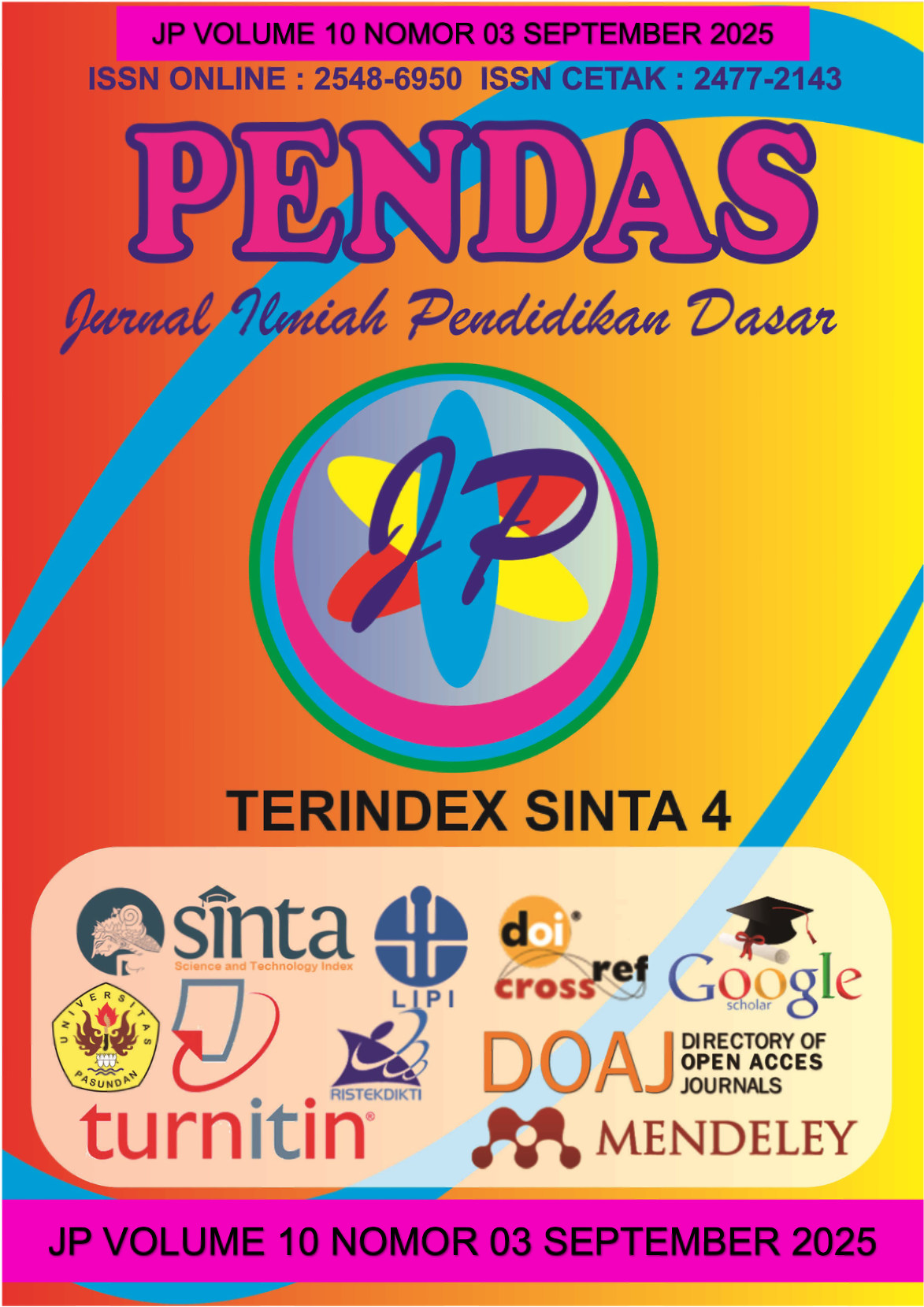PENGARUH PRAKTIK SPIRITUAL DZIKIR DAN SHALAWAT TERHADAP PENINGKATAN KOGNITIF DAN PRODUKTIVITAS BERPIKIR
DOI:
https://doi.org/10.23969/jp.v10i03.33876Abstract
This study explores the impact of dzikir (remembrance of Allah) and shalawat (blessings upon the Prophet Muhammad) on a person's mindset, focusing on their effects as spiritual therapies and their influence on productive thinking. Through an Islamic philosophical and psychological perspective, it discusses how these practices contribute to inner peace, mental clarity, and improved cognitive functioning. Dzikir is identified as a tool for spiritual purification that enhances focus, reduces anxiety, and leads to a more positive mental state. It also facilitates access to deeper knowledge (ma'rifah) and helps reconcile the rational mind with the heart. The philosophical view highlights dzikir as an epistemological means to attain higher truths beyond the physical realm, serving as a bridge to divine wisdom. In conclusion, dzikir and shalawat promote both psychological well-being and intellectual growth by nurturing a calm, reflective mindset, leading to enhanced productivity in both personal and academic life.
Downloads
References
Al-Farabi, (2002) The Political
Regime, Cambridge: Cambridge
University Press.
Al-Ghazali. (2011) Ihya Ulumuddin.
Beirut: Dar al-Kutub al-Ilmiyyah.
Al-Ghazali. (1987) Tahafut al-
Falasifah. Beirut: Dar al-Mashriq.
Al-Qur’an Kemenag Online (2022).”
Qur’an Kemenag Online.
Badri, Malik. (2010) Contemplation:
An Islamic Psychospiritual Study.
International Institute of Islamic
Thought.
Creswell, John W. (2014) Research
Design: Qualitative, Quantitative,
and Mixed Methods Approaches.
4th ed. Thousand Oaks, CA: SAGE
Publications.
Ibn Arabi. (1968) Futuhat al-Makkiyah.
Cairo: Dar al-Sha`b.
Ibn Sina. As-Shifa’. (2018) Leiden:
Brill, 1956.
Kasule, Omar Hasan. "Spirituality and
Resilience in Muslim Mental
Health." Islamic Medical
Association Journal.
Mulla Sadra. (1981)Asfar al-Arba`ah.
Beirut: Dar al-Mashriq.
Najati, Muhammad Uthman.
(1986)Islam and Psychology.
Amman: Dar al-Shuruq.
Nasr, Seyyed Hossein. (1968)Science
and Civilization in Islam. Harvard
University Press.
Nasr, Seyyed Hossein. (2007) The
Garden of Truth: The Vision andPromise of Sufism, Islam’s Mystical
Tradition. HarperOne.
Rifai, Ahmad. (2021) "Dhikr and
Neuroplasticity: An Islamic
Perspective." International Journal
of Islamic Psychology.
Downloads
Published
Issue
Section
License
Copyright (c) 2025 Pendas : Jurnal Ilmiah Pendidikan Dasar

This work is licensed under a Creative Commons Attribution 4.0 International License.














































